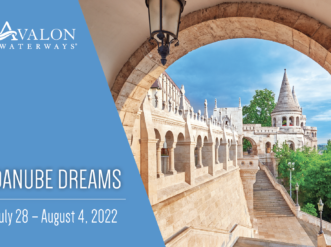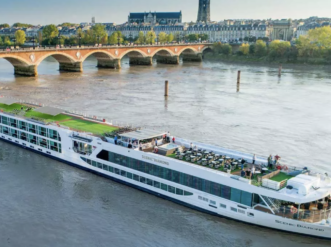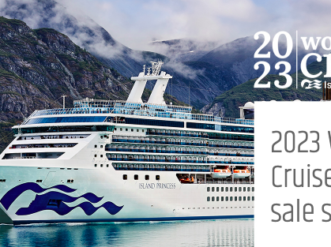5 Emerging Tourist Havens
March 22, 2019
Sierra Leone
Admittedly Sierra Leone had some issues in the past, however, it’s not a war-torn country anymore. Wildlife enthusiasts will love the safari adventures and the vast array of animals that inhabit Africa: monkeys, buffalo, and rare pygmy hippos .. oh my! Foodies will love its fresh seafood courtesy of the local markets who encourage you to haggle with them. It boasts some of the best beaches in Africa, and there is nightlife abound in Freetown, the country’s capital.
Good to know:
- November to January is the best time to visit.
- Medical facilities are not to western standards so come properly prepared. Common vaccinations required: Malaria. (Consult your GP or travel clinic).
- Many of the large chain hotels exist only in Freetown.
- Freetown-Lungi International Airport (FNA) is separated from Freetown by a river and you’ll have the choice of hovercraft, ferry, helicopter or water taxi to cross the water.
- There are no ATMs (with some minimal exceptions in Freetown) and few places accept credit cards. US dollars are accepted for exchange and some local shops will accept them as currency.
- It’s Africa so it’s hot everywhere! Drink only bottled or purified water.

Nepal
Nepal has long been on the map for trekking and mountaineering, but this beautiful country does offer more. Kathmandu, the capital, offers up some of the best restaurants in Asia. If you’re into higher enlightenment, Buddhist monks and Hindu ascetics are the norm in Nepal’s medieval towns. Mother Nature is a show off here boasting locations like Royal Chitwan National Park, where rhino and tigers roam freely. If wild beasts aren’t your thing, Nepal is considered one of the world’s premier rafting destinations.
Good to know:
- October and November are the best months for trekking but be sure to book well in advance as this is a popular time to go. The second most popular time to visit is April to early June as warmer weather makes wildlife viewing optimum.
- Common vaccinations required: typhoid, hepatitis A, meningitis (outlying areas), Malaria (below 1,200m). (Consult your GP or travel clinic).
- In Kathmandu and Pokhara accommodation range from guesthouses to five-star hotels.
- Kathmandu Airport (KTM) is 6.5km from the city.
- Major credit cards are widely accepted in the larger centers. In smaller villages, credit cards are not very common. US dollars are useful to carry.
- Stick to bottled water and use water-purifying tablets if you’re off the beaten path.

Iceland
Iceland is fast becoming a tourist hot spot (pardon the ironic pun) and it’s no wonder, there is a TON of stuff to do there! Sailing in the Westfjords to see wildlife, whale watching in Reykjavík or Húsavík, exploring the volcanic landscapes of the Snaefellsnes Peninsula, and trekking across the Vatnajökull icecap. If your not the adventurous type Reykjavík is a hotbed of locally sourced food (including bread made from the thermal heat of volcanoes), the famous Blue Lagoon hot springs and a surprising amount of music festivals that are well attended.
Good to know:
- June to August is warm with long days. May and September are good as well though some accommodation may be closed. October through February is cold and dark (especially around January) many hotels and attractions are closed. However, Reykjavík is a destination in itself 365 days a year.
- You can check with your GP or travel clinic for vaccinations but Iceland enjoys the same standard of living as Canada.
- Iceland offers a full range of accommodation.
- Keflavík International Airport (KEF) is 48km west of Reykjavîk.
- ATMs are widely available and major credit cards are accepted.
- Tap water is drinkable and I’m told by a friend who recently visited Iceland that the local water is actually cleaner than in Canada or the US.
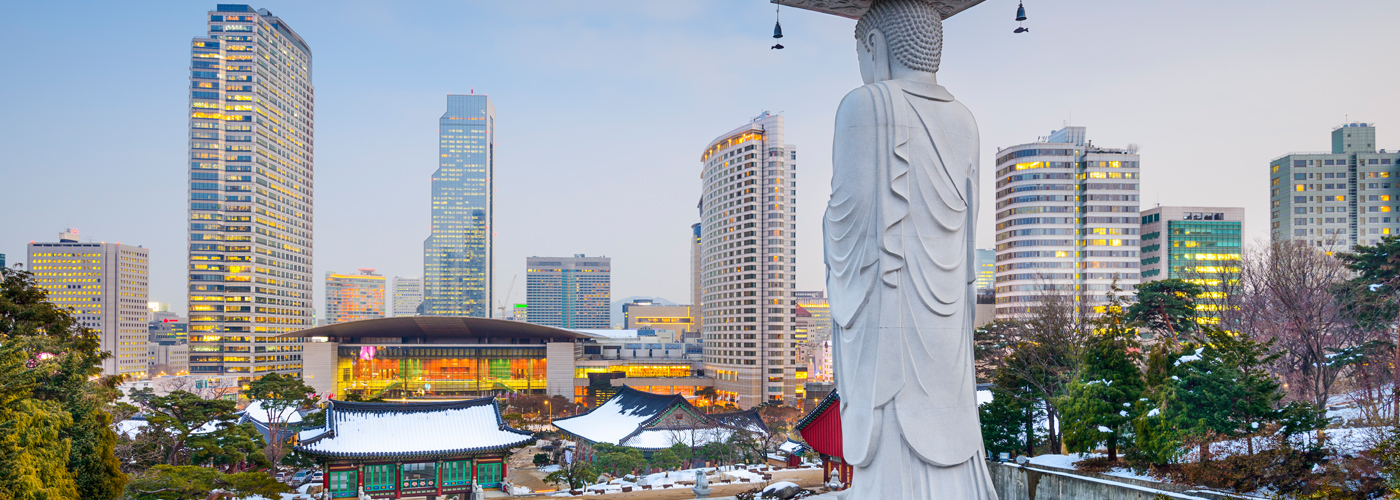
South Korea
South Korea is a country of many faces. The capital, Seoul, a 24-hour modern city and yet less than 10 km away will lie a 14th-century village that time seems to have forgotten. Koreans work hard and party even harder. Large centers in South Korea are foodie mecca’s as Korean BBQ is now trendy. Karaoke is massively popular as are the shopping districts in Seoul. If you’re more of an outdoors person, Gyeonggi offers awesome ski slopes and Guinsa has some of the oldest temples in the world that you can explore.
Good to know:
- July and August (hot, humid and sticky), December and January (cold), March to May (cherry blossom season) September to November (autumn colors abound).
- You can check with your GP or travel clinic for vaccinations but South Korea enjoys the same standard of living as Canada. That said, Asian countries can wreak havoc on your digestive system the first time you visit.
- South Korea offers a full range of accommodation.
- Seoul – Incheon (SEL) is 52km from the city. Seoul – Gimpo, is 17km from the city. Jeju (DJU) is on the island of Jeju-do. Gwangju (KWJ) is 11km from the city.
- ATMs are available, however, don’t count on your debit card as the Asian countries us a 5 PIN system. I found that my debit card rarely worked. Credit cards are accepted in larger cities and can be used in the ATM to draw local currency.
- Tap water is 100% safe, especially in larger chain hotels, however, for some reason, most South Koreans don’t drink tap water and they may give you an odd look if you do.
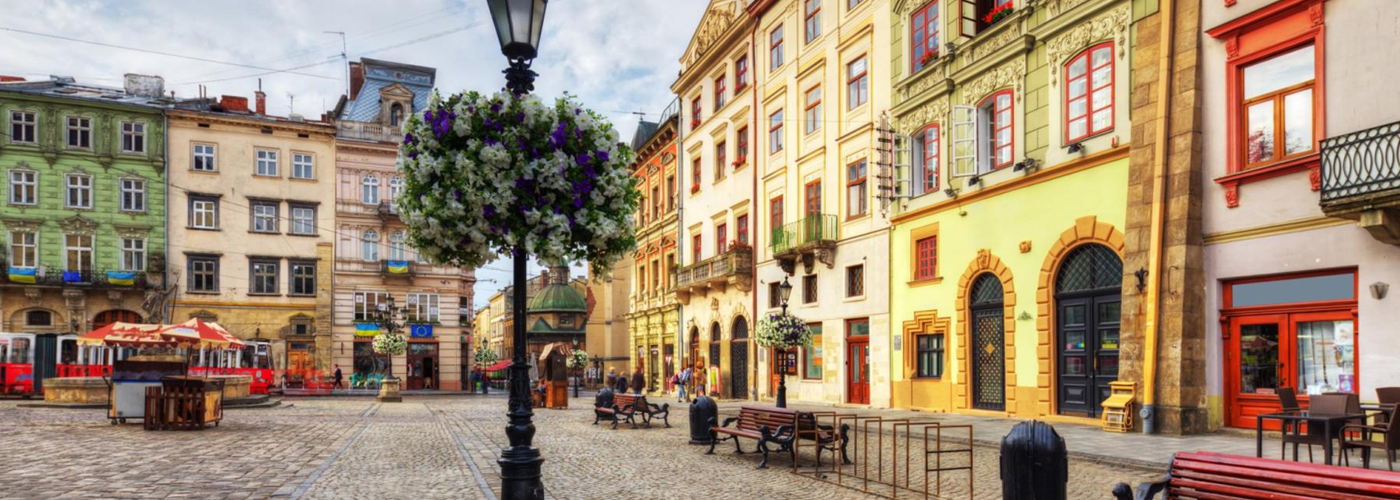
Moldova
Moldova was at the top of our wine lovers bucket list however, it has been at the bottom of Europe’s most visited list for a number of years. That is changing as the gloriously untouristy country actually has a lot to offer. Of course, there is the wine and lots of it! Chisinau has an active food and beverage culture (they like to throw a party or two) and you’ll never be far from a glass of excellent Moldovan wine. Orheiul Vechi houses cave monasteries where you are welcome by the resident monks. In addition, there is a number of historic fortresses and castles you can check out.
Good to know:
- Moldova enjoys a moderate climate all year long, however, October is the annual wine festival and is a highlight for locals and tourists alike.
- Check with your GP or travel clinic for vaccinations required for the area.
- Accommodation is limited in Moldova except in Chisinau which has a decent range of hotels. FYI for backpackers, there are no hostels in Moldova but wild camping is generally okay. It is advisable that you check with local municipal governments before pitching a tent.
- Chisinau (KIV) is 14km from the city.
- Credit cards are accepted in larger centers, but not everywhere. Many places will accept US dollars.
- Tap water is generally okay in hotels and restaurants in Chisinau. Many experienced tourists that have visited Moldova recommend having bottled water or purification tablets on hand just in case.
*Disclaimer: At the moment the Canadian government recommends that Canadians avoid all travel to Transnistria, in northeast Moldova. This area is an unrecognized state that split off from Moldova and is a Soviet-style communist republic which has its own currency, police force, army and independence day. Often they do not let foreigners in.
Ready to go? So are we! Reach out to one of our travel experience specialists and book your next getaway!
Sean Mitchell
Archives
- October 2021
- March 2021
- February 2021
- December 2020
- September 2020
- August 2020
- July 2020
- June 2020
- March 2020
- February 2020
- January 2020
- December 2019
- November 2019
- October 2019
- September 2019
- August 2019
- July 2019
- June 2019
- May 2019
- April 2019
- March 2019
- February 2019
- May 2018
- April 2018
- January 2018
- December 2017
- November 2017
- October 2017
- June 2017
- May 2017
- April 2017
- February 2017
- November 2016
- April 2016
- February 2016
- January 2016
- December 2015
- July 2015
- April 2015
- January 2015
- December 2014
- August 2014
- July 2014
- February 2014
- November 2013
- September 2013
- July 2013
- April 2013
- February 2013
- December 2012
- April 2012
- February 2012

